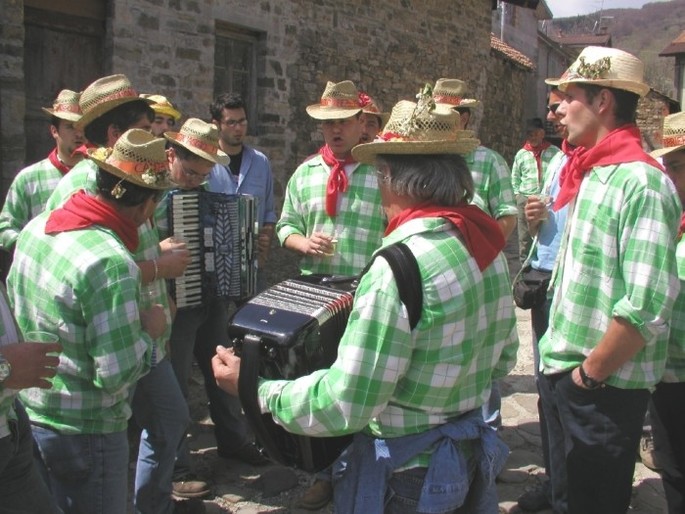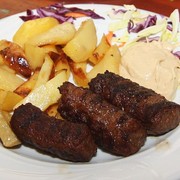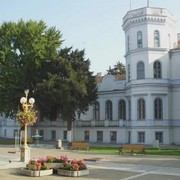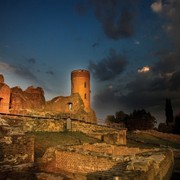Calendimaggio is an ancient tradition still alive today in many Italian regions - Piedmont, Liguria, Lombardy, Emilia Romagna, Tuscany, Umbria, Marche, and Molise - representing life and rebirth.
The tradition of virtues, typical of peasant civilization, dates back to the worship of the Earth celebrated on Calendimaggio, when the remains of winter supplies were combined with spring first produce.
The magical-propitiatory aspect of this tradition often manifests as a quest during which, in exchange for gifts (traditionally eggs, wine, food or sweets), maggianti (o maggerini) sing from house to house well wishing notes. Symbols of Spring revival are trees (alder, laburnum) and flowers (violets, roses), both mentioned in the songs, and with which participants adorn themselves. Specifically, the alder - which grows along streams - is considered a symbol of life and is therefore often present in this ritual.
It is a celebration that dates back to ancient peoples well connected to the rhythms of nature, such as Celts (Celtic Beltane), Etruscan and Ligurian, where the arrival of the beautiful season was of great importance.
In Santo Stefano d'Aveto the tradition of Cantamaggio is still well rooted today.
During the first days of May, young people sing at people’s houses, going from door to door. Ironically, their harmonious voices get less and less convincing as drinks keep flowing; however, their ardor still enchants young women as their ancestors’ did.
Canté Magg or Bergolo's "Singing May" rejoins the ancient traditions of fertility inherited by Greeks and Romans.
Despite Catholic Church’s aversion for a party representing a most stubborn symbol of Paganism, the spirit of Calendimaggio has survived throughout Europe.
So on the last Saturday of May, in Bergolo - in Cuneo province, a thousand-year rite is renewed in modern style: a night of music with the most popular folk groups, songs and dances to celebrate the Spring Festival.
Canté j'euv, singing eggs is an ancient peasant rite in Langhe and generally in the whole south of Piedmont, from Roero to Monferrato. It is an "egg hunt", during late Lent, referring to Pagan ritual festivals of Spring and the new life cycle of nature.













